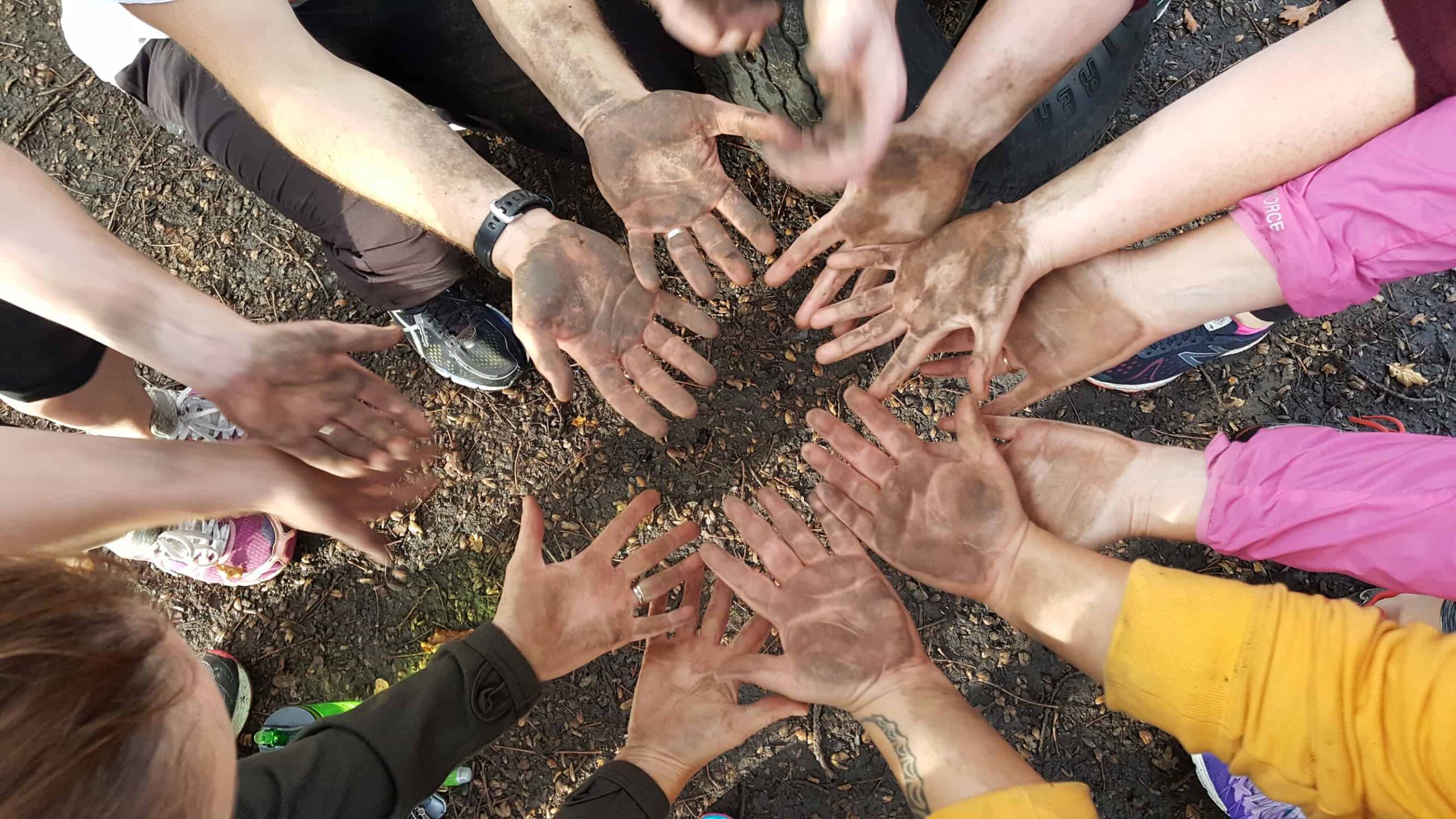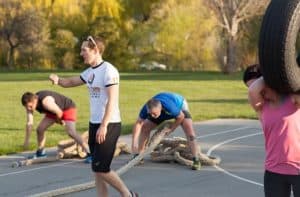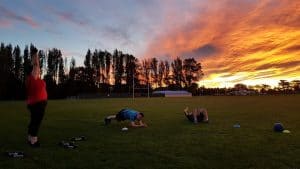Tom Berry, the owner of ‘To Be Personal Training’; Christchurch’s leading provider of mobile and outdoor personal training, running coaching and boot camps, has kindly written us a blog on how a coffee can indeed boost your fitness workouts. Tom Berry has been helping Cantabrians get fitter and healthier since 2011.
Caffeine improves physical performance
It’s well known that coffee contains caffeine and we know that caffeine fends off drowsiness and keeps us alert, but many people don’t know that caffeine has been shown repeatedly to improve physical performance.
Now for the clever bit (I hope you’ve had a coffee); adenosine is a substance in our body that makes us feel tired when it connects to nerve cells. To nerve cells, caffeine looks like adenosine. When we consume caffeine, adenosine is ‘blocked’ from connecting to nerve cells. If adenosine can’t connect with nerve cells, it can’t tell our body to become tired. Simple!
Between 1972 and 2004, caffeine was actually listed as a banned substance by the World Anti-Doping Agency (WADA). If more than a prescribed amount was found in an athlete’s bloodstream, the athlete/sportsperson could be banned. The reason for this is simple – it enhances performance.
Lots of scientific studies have been conducted that indicate that caffeine is beneficial for a whole range of sports.
Activities like tennis and golf require skill. To perform a skill effectively, you need to be alert but relaxed. Caffeine can play a role in helping your achieve the desired level of alertness, although too much can be detrimental if it stops you from being relaxed.
Endurance activities like cycling and running require less skill. With these activities, the benefits of not feeling tired are obvious; you can train harder for longer. In scientific studies, caffeine consumption has the greatest positive impact on these types of activity.
So a caffeinated beverage before any endurance exercise can be beneficial (consume 1-2 hours before). If you enjoy a form of fitness that requires a bit of skill (like learning Zumba or Olympic lifting) caffeine can help by keeping you mentally alert.
Like so many things in health and fitness, understanding the general scientific principles is great, but you need to listen to your body when applying these principles. The good news is that you don’t need to consume more than a normal amount of caffeine to enjoy its benefits.
I would recommend not overcomplicating your coffee drinking habits. If you like coffee, have a cup a few hours before activity and don’t feel guilty about it. Listen to your body and you’ll quickly find out the optimal amount and the best time to consume.
Tea also contains caffeine but I would avoid caffeinated soft drinks. Tea and coffee are made with natural ingredients and have plenty of nutritional value (for example, they are high in antioxidants). However, caffeinated soft drinks are full of sugar and have very little nutritional value.
So the message is avoid soft drinks and get yourself a high-quality, freshly-roasted coffee from Coffee Worx and if your feeling peckish with it we recommend our New York-style gluten free bagels.



